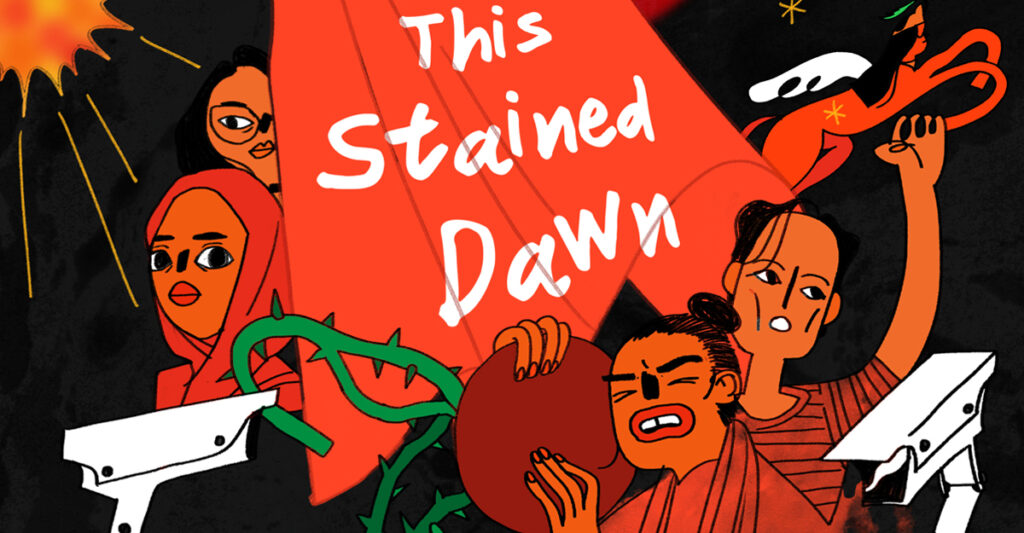This article is part of the 2021 Gender & Development special issue ‘Feminist protests and politics in a world in crisis’.
Abstract
This article unpacks the ‘women’s leadership paradox’ through the case of the adoption and implementation of the Domestic Violence (Prevention and Protection) (DVPP) Act 2010 of Bangladesh. It looks at two forms of women’s leadership, one at the civil society/women’s movement level and the other at the female elected representatives at the parliament and executive level, and analyses under what circumstances female leadership can play a role in policy adoption. The case of the DVPP Act provides an interesting example of the ‘leadership paradox’ as women in leadership positions (both in the civil society/women’s movement level and the parliamentary and executive level) successfully strategised to gain access to key decision makers and move forward their agenda during the DVPP Act’s adoption. However, this efficiency did not translate into implementation, showing that female leadership did play a role in policy adoption, but they do not have the same strength in policy implementation.
